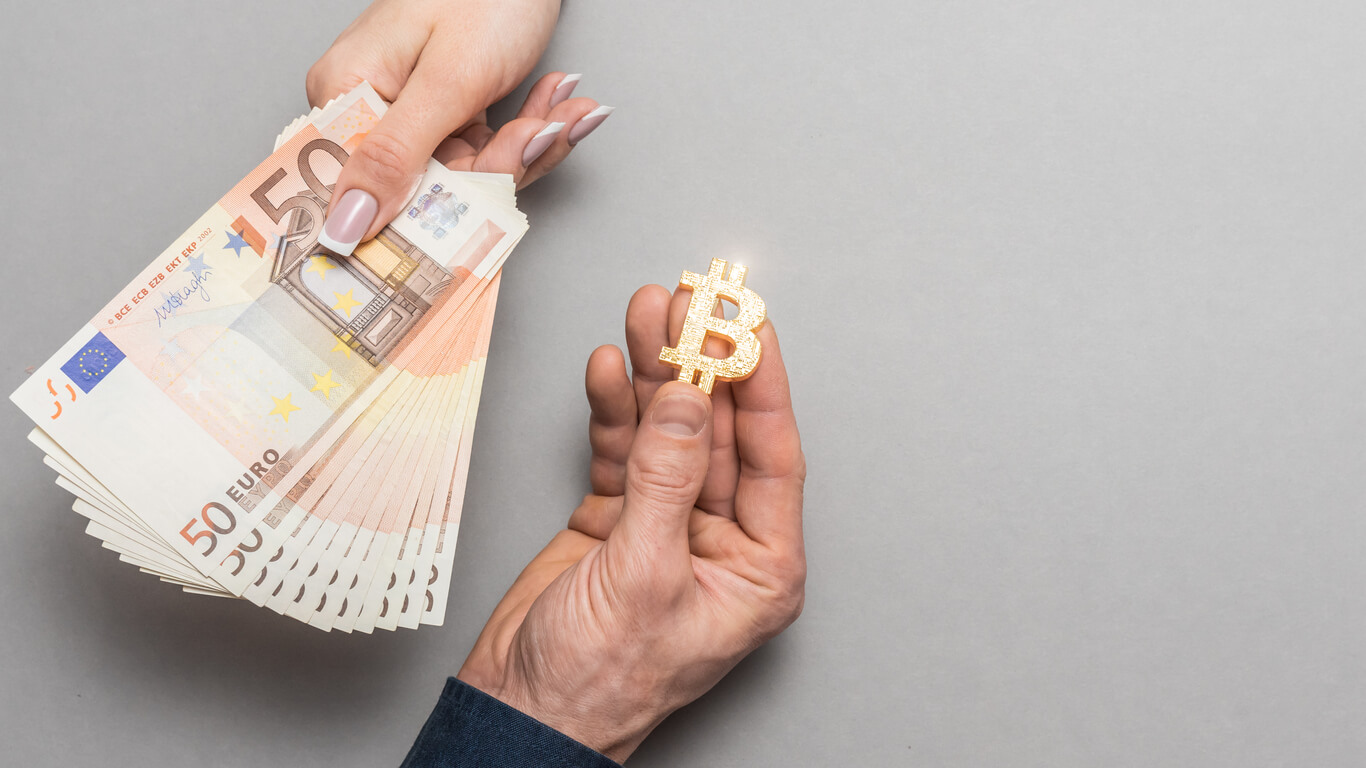Introduction to Pawn Shops
Pawn shops have long been pillars of local economies, offering a unique financial service that blends history with modern-day necessity. In today’s world, understanding how pawn shops operate can provide valuable insights into accessing quick cash or securing short-term loans.
Understanding Pawn Transactions
At its core, a pawn transaction involves using personal items as collateral for a loan. Unlike traditional bank loans, which rely on credit scores and financial history, pawn loans are based solely on the value of the item being pawned pawn shop process. This makes them accessible to individuals who may not qualify for conventional financing.
Items Accepted at Pawn Shops
Pawn shops typically accept a wide range of items, from jewelry and electronics to musical instruments and collectibles. The key criteria for acceptance include the item’s condition, market demand, and perceived value by the pawnbroker.
Pawn Shop Appraisal Process
When you bring an item to a pawn shop, it undergoes a thorough appraisal process. Experienced appraisers evaluate its condition, authenticity (if applicable), and current market value to determine its loan worthiness.
Negotiating Pawn Loans
Negotiating the terms of a pawn loan is often possible. Factors like the item’s value and the borrower’s repayment history can influence the loan amount and interest rates offered by the pawnbroker.
Pawn Shop Fees and Interest Rates
Pawn shops charge various fees, including interest rates on pawn loans. These rates are typically regulated by local laws and can vary based on the duration of the loan and the pawned item’s value.
Legal Aspects and Regulations
Laws govern pawn transactions to protect both pawnbrokers and consumers. Understanding these regulations ensures fair treatment and clear expectations for all parties involved.
Pawn Shop Security Measures
Pawn shops prioritize the security of pawned items, employing measures such as secure storage and surveillance to safeguard valuables throughout the loan period.
Redemption and Renewal Process
Borrowers have options for repaying pawn loans, including redeeming the pawned item with accrued interest or extending the loan period through renewal agreements.
Default and Consequences
Failing to repay a pawn loan within the agreed-upon terms can result in the forfeiture of the pawned item. It’s crucial to understand the implications of defaulting on a loan before entering into a pawn transaction.
Selling vs. Pawning Items
While selling items outright offers immediate cash, pawning provides the option to reclaim possessions once the loan is repaid, making it a more flexible financial solution for many.
Benefits of Using Pawn Shops
Pawn shops offer quick access to cash without the need for credit checks or lengthy approval processes, making them ideal for individuals facing temporary financial challenges.
Tips for Using Pawn Shops Wisely
To maximize the benefits of pawn transactions, borrowers should research pawn shops, understand item values, and negotiate terms wisely to secure the best possible deal.Gold buyers play a crucial role in the market by providing individuals with a convenient way to liquidate their gold assets.
Impact of Pawn Shops on Communities
Beyond their financial role, pawn shops contribute to local economies by providing essential services and fostering community connections through trusted transactions.
Conclusion
In conclusion, pawn shops play a vital role in modern society by offering accessible financial solutions and safeguarding valuable possessions. Understanding the pawn shop process empowers individuals to make informed decisions when seeking short-term loans or quick cash, ensuring a positive and beneficial experience for all involved.




